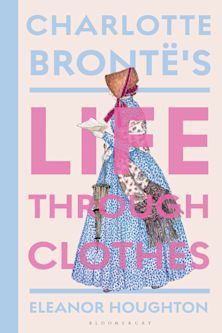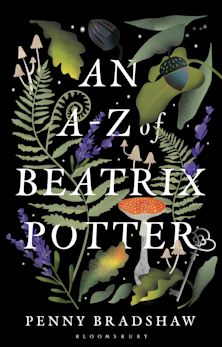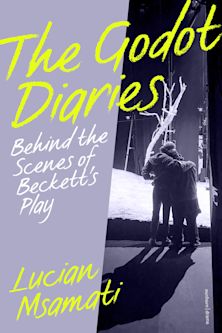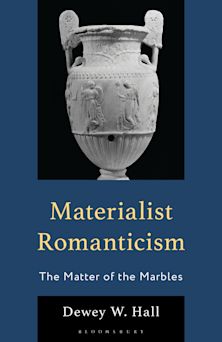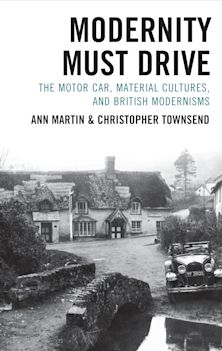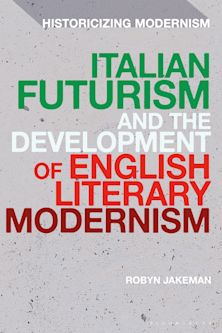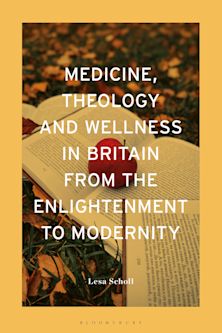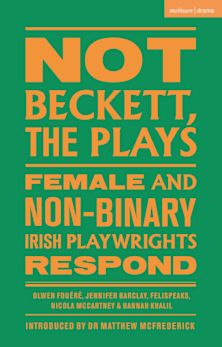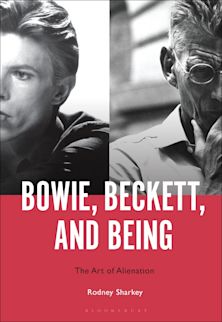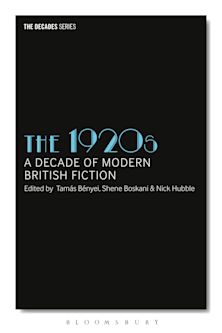- Home
- ACADEMIC
- Literary Studies
- British and Irish Literature
- Romantic Confusions of the Good
This product is usually dispatched within 3 days
- Delivery and returns info
-
Free CA delivery on orders $40 or over
You must sign in to add this item to your wishlist. Please sign in or create an account
Description
With special attention to the Romantic poets from Wordsworth and Coleridge down to Pound and Eliot, distinguished scholar Marion Montgomery explores the disorientation of image and metaphor from reality. The book focuses on the virtues and limits of the intuitive intellect as they are explicated by Thomas Aquinas in relational intellect, and the 'Romantic' poet's dependence upon the intuitive and rational modes of intellectual action, two species of 'romanticism' centering in presumptuous autonomy emerge: that of the poet and that of the scientist.
Product details
| Published | May 22 1997 |
|---|---|
| Format | Paperback |
| Edition | 1st |
| Extent | 288 |
| ISBN | 9780847683949 |
| Imprint | Rowman & Littlefield Publishers |
| Dimensions | 227 x 149 mm |
| Publisher | Bloomsbury Publishing |
About the contributors
Reviews
-
Romantic poets and their heirs sing in philosophical twilight, addressing issues of being and knowing while almost ignorant of the guidance available to them in the thought of Aristotle and Aquinas. Montgomery in considerable measure recovers the wisdom of pre-Kantian naturalism and with it a vantage from which to assess Wordsworth, Keats, Hopkins, Eliot, and Stevens, each measured by their attempt to regain the basis of poetic analogy in actual, extramental beingggg
John Alvis, professor and director, American Studies Program, University of Dallas
-
Marion Montgomery's meditation on the plight of autonomous man cast adrift in a world of his own devising takes us through the history of philosophy and literature. The center that holds in the great singers of being he finds in the companionable relation between reason and intuition as evinced above all in the persuasive tuning of intellect and the truth of things in personal experience. This is a lovely and deeply felt rumination on the human condition by a distinguished poet doing a philosophers work. Warmly recommended.
Ellis Sandoz, Louisiana State University
-
Romantic poets and their heirs sing in philosophical twilight, addressing issues of being and knowing while almost ignorant of the guidance available to them in the thought of Aristotle and Aquinas. Montgomery in considerable measure recovers the wisdom of pre-Kantian naturalism and with it a vantage from which to assess Wordsworth, Keats, Hopkins, Eliot, and Stevens, each measured by their attempt to regain the basis of poetic analogy in actual, extramental being
John Alvis, professor and director, American Studies Program, University of Dallas













